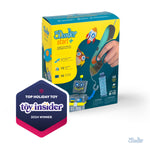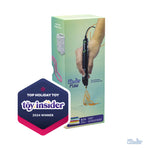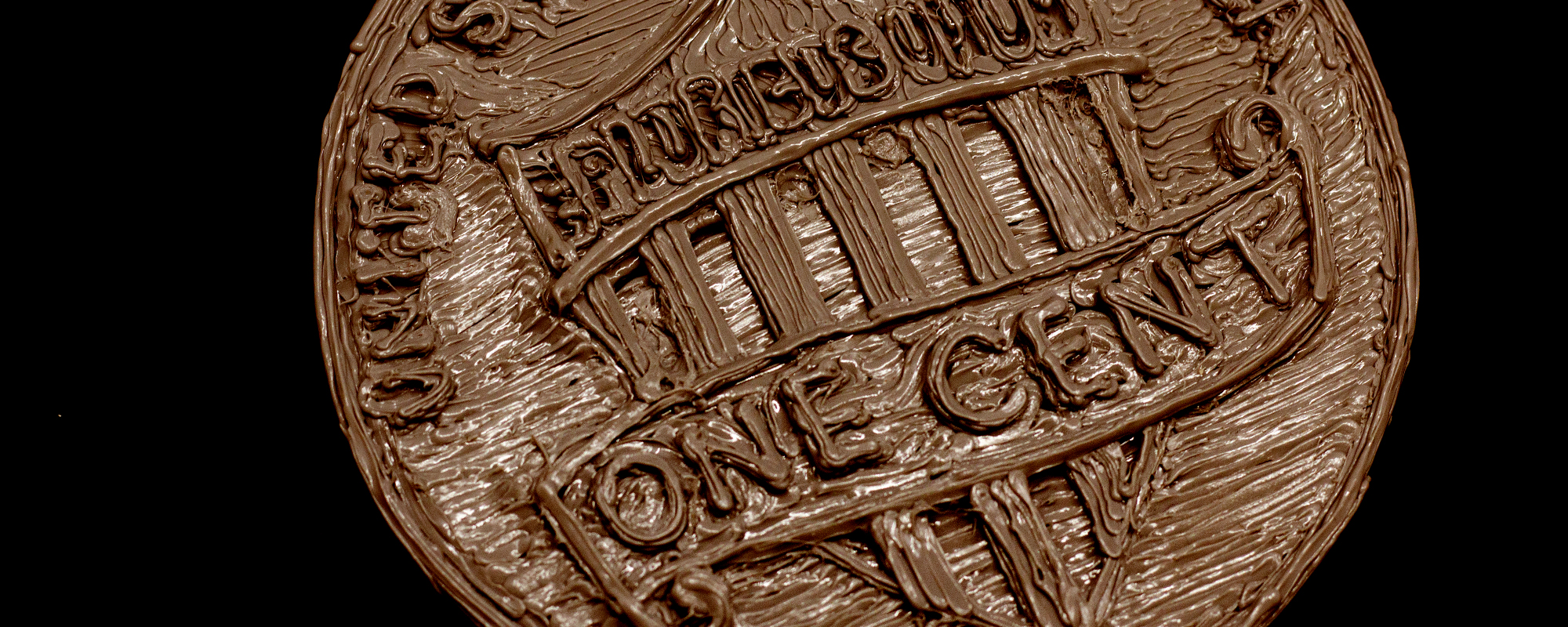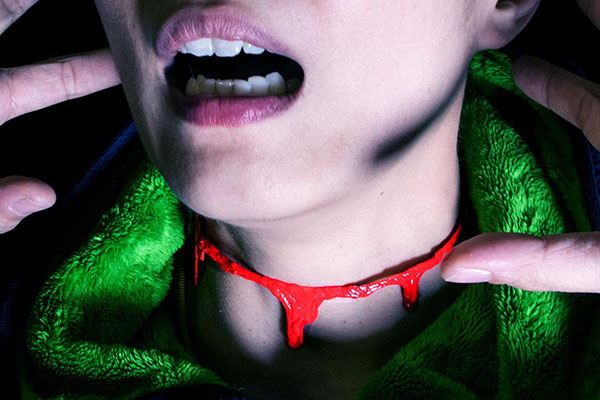Some people believe that it’s good luck to pick a penny up, if it is face-up. You’ve likely heard the phrase, “See a penny, pick it up. All-day long, you’ll have good luck!” more than once.
In fact, there is a whole day (May 23) dedicated to the smallest unit of currency in the United States. So we pulled together a few fun activities (coin rubbings!) for you to explore the value of coins with your students. For example, maybe they’d be surprised to know that not everyone loves pennies.
Activity Idea 1: A Penny for Your Thoughts
There has been some debate about removing the penny from circulation . . . it’s just not worth as much as it used to be. Assign your students to two groups. One group will research the pros of keeping the penny in circulation; the other group will research the cons of keeping the penny in circulation. Invite them to a debate!
While there are many pros and cons, we’d be sad to lose the idea of a “lucky penny.” Here’s what a traditional penny looks like:

A profile of Abraham Lincoln, our 16th president, is etched into the front of most pennies in circulation today
According to the U.S. Department of the Treasury, the inscription “In God We Trust” has been included on our one-cent coins since 1909 in response to an increased religious sentiment following the Civil War
The word “liberty” is etched onto the front of the penny; it is a shortened form of “Liberty: Parent of Science & Industry,” a phrase coined by Thomas Jefferson
A bundle of wheat, which was meant to symbolize prosperity in the United States
Memorial, which commemorates President Abraham Lincoln’s 150th birthday
A union shield, introduced in 2010, symbolizing Lincoln’s preservation of the United States as a single country
Also on the back of the penny is the Latin phrase, “E Pluribus Unum,” which means “out of many, one.” This is the official motto of the United States.
Activity Idea 2: A Pretty Penny
As you can see, much of a penny’s design is symbolic. Ask your students what they would include on a coin if they were to design their own. Of course, they would need to include the value of the currency, but would they also include the profile of an influential person? A motto? Discuss together, then invite them to design their own coin!
Activity Idea 3: Rubbing Two Pennies Together
We want to encourage the 3Doodler Community to take an even closer look at coins. Take a look at this tutorial here to help your students create replicas of real pennies, nickels, dimes, and quarters with their 3D pens — by doing coin rubbings!
Add to the activity by encouraging students to sort their coins based on their value. Older students can add their coins to create new values.
Not sure where to put the coins after creating them? Check out this handy coin purse, which kids can doodle themselves!
We hope that you were in for a penny on some of the activities we suggested above! Share what your students came up with @3Doodler #3Doodler #WhatWillYouCreate.







